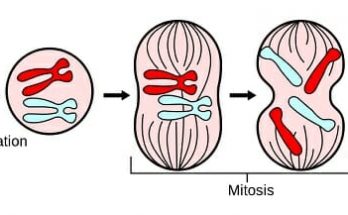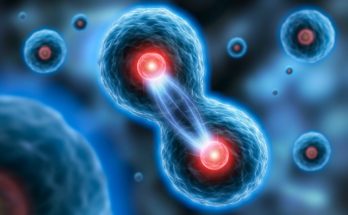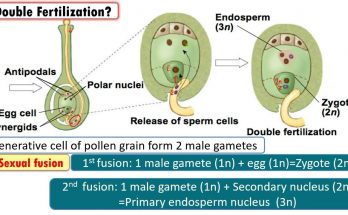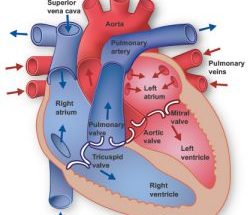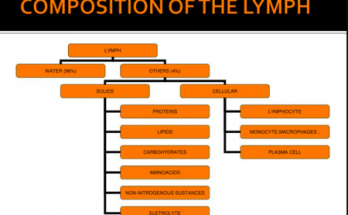Lymph is a colorless fluid that flows through the lymphatic system, playing a critical role in our body’s defense against infections and diseases while maintaining fluid balance. Its composition consists of fluid, cellular and nutrient components, with water, electrolytes, proteins, glucose, amino acids, and waste products being major constituents. The cellular composition includes lymphocytes, macrophages, natural killer cells, dendritic cells, and plasma cells, all of which contribute to the immune response.
Composition of the Lymph Read More
